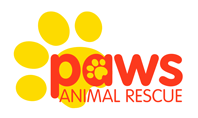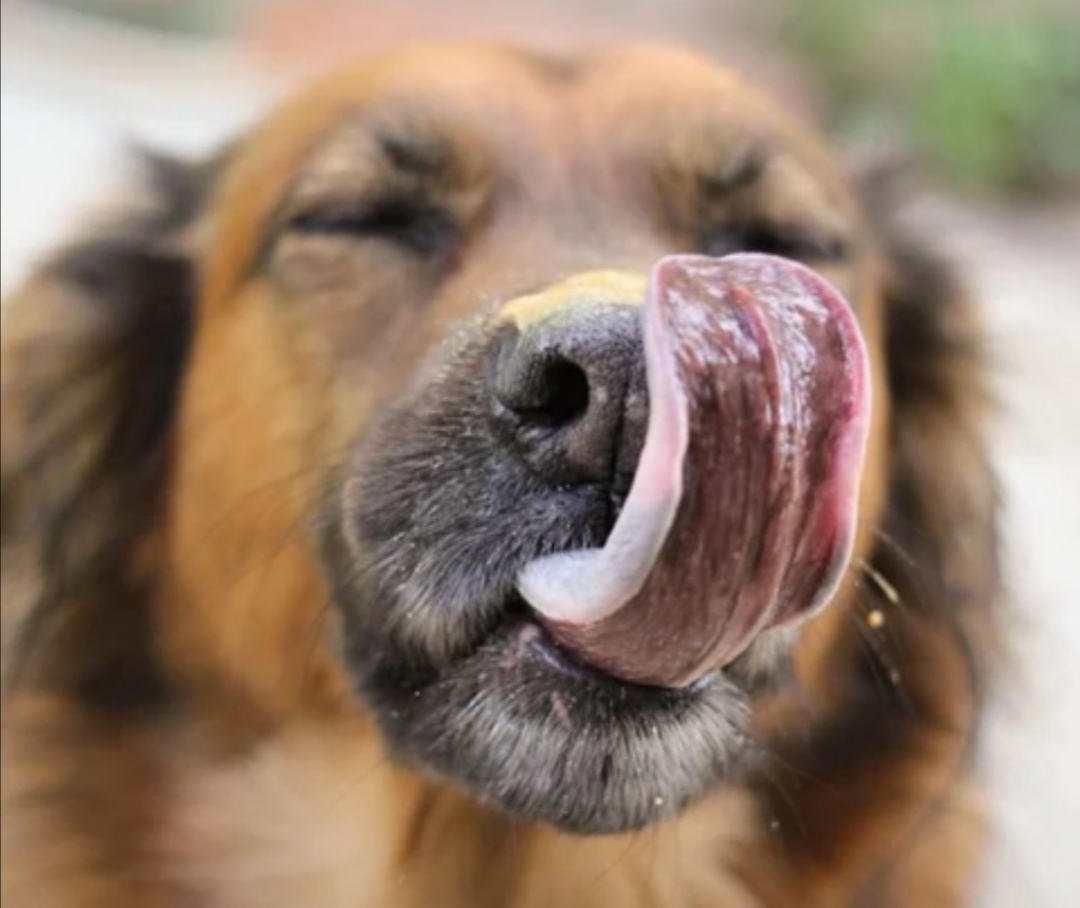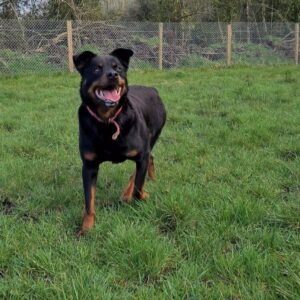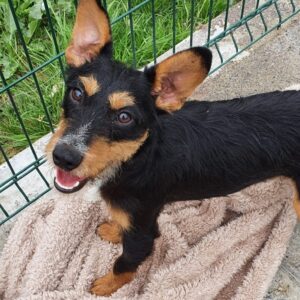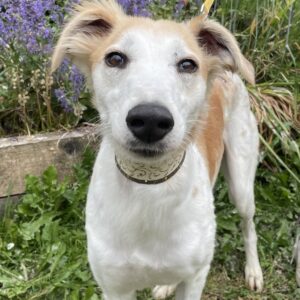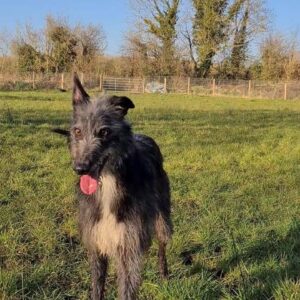Our dogs need a balanced, nutrient dense food that meets all of their dietary requirements and provides enough slow release energy for all their training, playing and exercising during the day. Whether you feed a raw diet, prepare your dog’s food at home or use a commercial food, it’s important it is of high quality and isn’t full of processed or sugary ingredients that isn’t going to do your dog, their digestion, growth or behaviour any favours. However, while it’s important that your dog gets their nutrition from a good quality food, their diet can also be supplemented with some human foods by means of treat rewards during training or if you’re looking for something to use for an enrichment toy (see other paws blog posts on canine enrichment.)
Dogs can eat small quantities of some human foods that won’t upset their digestion. It’s natural to want to give the dog scraps of dinner leftovers but a lot of what we would eat for dinner can be too rich or high in salt or fat that is not good for your dog and should be avoided, such as gravy, onions, garlic and fried food. Also, it’s important to know the toxic foods that could harm your dog. These include chocolate, almonds, grapes, raisins and xyltol (found in sugary food and some peanut butters.)
However, many dogs can enjoy the occasional treat supplemented into their diet and there are some high value foods they can eat that can be used as part of their training when you need something really enticing and tasty to keep their attention on you! These include low-salt pieces of hotdog, small tidbits of smelly cheddar cheese, bacon pieces, dried liver, chicken pieces, chopped up sausage and blueberries.
When looking for something to spread on a lickimat or fill with a kong, try these :
Mashed banana
Natural Greek yoghurt
Raspberries, blueberries, strawberries mixed up into a spread (small portions and always avoid any fruit pips or seeds)
Kiwi
Boiled eggs (shell included)
Apple and pear slices (no pips or seeds)
Low fat cream cheese (small portions)
Carrots (raw or cooked)
Butternut squash, pumpkin flesh, sweet potatoes (must be cooked and mashed)
Broccoli, cucumber, green beans, sugar snap peas
Natural peanut butter (or other nut butters just check the label for xyltol or palm oil, look for natural nut butters)
Low salt stocks and broths (to be frozen in a kong or lickimat)
Cookes rice and pastas (also good to help bulk up skinny dogs)
Always remember to watch your dogs’ weight with diet supplements, too, for example, if they have had a busy training day with lots of treats, give them a smaller portion of kibble for dinner later that evening to avoid giving them too many calories. Remember, to completely avoid any foods that could cause digestion issues, tummy upsets or that could be toxic to your dog. If you’re ever unsure about what foods your dog can and cannot eat, be sure to check with your vet.
